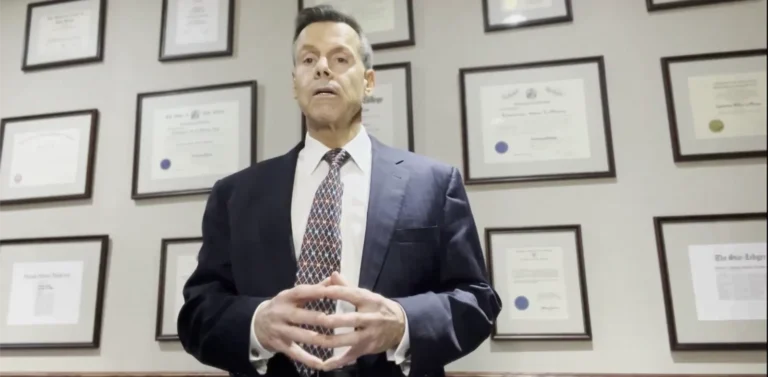Common Causes of Car Accidents
On average, there are 221,000 car accidents in New Jersey every year, 48,962 of which cause injuries. Car accidents can happen for many reasons, with driver error or negligence usually causing the most severe collisions.
If you’ve been in a car accident in New Jersey and suffered injuries and other losses, it’s important that you immediately reach out to a car accident lawyer for help. You could be entitled to compensation, and with a lawyer by your side, you have the best chance of getting the assistance you need.
But what are the most common causes of car accidents in New Jersey? Learn more from Garces, Grabler & LeBrocq’s team of experienced car accident lawyers.
No Fee Unless
GGL Wins
What Causes the Most Car Accidents?
In New Jersey, car accidents occur for a few reasons. No matter what led to the accident you’ve been in, we can help you file a claim.
Driving in the Wrong Lane
One of the most terrifying things you can see while driving is two headlights coming toward you on a one-way road. It can mean being seconds away from a head-on collision.
Driving on the wrong lane is something that occurs often in New Jersey, with up to seven deaths each year resulting from this error. Injuries are in the thousands.
Most often, it’s negligence that leads to wrong-lane driving. If a driver is distracted or intoxicated, for example, they may not see the signs that warn them not to enter a particular street or the ones that let them know they are going the wrong way.
Sometimes, however, there can be road issues that lead drivers astray. If there aren’t signs in place or if the signs are not visible because of a lack of streetlights or overgrown foliage, then the municipality may be at fault rather than the driver.
Poor street designs, including those that have freeway exits and entrance ramps right next to each other, are another major issue. This, too, can lead drivers to face oncoming traffic.
Driving in the wrong lane is particularly dangerous because it causes head-on collisions. These types of accidents can result in harm, like traumatic brain injuries, whiplash, and even spinal cord injuries.
Tailgating
Tailgating is a dangerous driving behavior that fits under the umbrella of aggressive driving. It involves following the vehicle in front of you too closely and not allowing for the required space between cars.
Often, tailgating is a result of impatience. It occurs in heavy traffic conditions, and the driver’s goal is to get the vehicle in front to speed up or get out of the way.
Sometimes, tailgating takes place because the driver wants to retaliate against someone who cut them off or who is driving too slowly. It can also happen because the driver is distracted and not paying attention to how little space they’ve left between their vehicle and the one in front.
Tailgating can result in rear-end collisions. These are the most common types of crashes in the country, accounting for 29% of all traffic accidents in the United States.
Someone who’s following another vehicle too closely won’t have the time to hit the brakes if the lead vehicle stops abruptly. As a result, they could cause accidents that involve many parties.
Fatigued Driving
In the country, 328,000 fatigued driving crashes occur each year — more than the police-reported number. Accidents happen because someone who’s sleepy won’t be able to react appropriately to hazards on the road.
Drowsiness affects the body in a similar way to alcohol, leading to the inability to pay attention or be aware of hazards. Driving after 20 hours without sleep is the same as having a blood alcohol concentration level of 0.08%.
You’ll experience trouble with decision-making, and you could even fall asleep at the wheel. Losing consciousness for merely an instant can lead to catastrophic results, including debilitating injuries and even fatalities.
Driver fatigue can affect anyone, but the people most likely to experience this issue are those who don’t get enough sleep, who take certain prescription medications, and who have shifting work schedules. Some people are naturally drowsy at certain hours, too, making them a risk on the road.
Road Conditions or Weather
Road conditions often lead to car accidents. To function at their best, vehicles need even streets that are clear of debris, but this is not always the condition they’re actually in.
Debris can be a serious hazard, putting drivers at risk of losing control of their cars or even of items flying to hit their windshields. Potholes are also a concern, making wheels more likely to burst and even causing undercarriage damage. Cracking asphalt could likewise lead the driver to lose control of their vehicle.
Another road condition that can lead to accidents is insufficient street lighting. It can make driving more perilous and even prevent people from seeing other hazards on the road in time to avoid an accident. An improper number of signs or signs that aren’t visible are more road issues that contribute to accidents.
Adverse weather conditions can make all of these road problems even worse. If there are slick roads from rain moving debris around or fog making it even more difficult to see when there aren’t enough lights, accidents are much more likely to occur.
Running Stop Signs
Running a stop sign is viewed as reckless behavior. It can lead to serious accidents, including T-bone collisions, and can result in catastrophic injuries — especially if high speeds are involved.
A driver who’s distracted might miss the stop sign, while someone who’s intoxicated may not be able to respond quickly enough to prevent an accident. In some instances, however, the driver may run the stop sign out of recklessness and without any concern for the danger they pose to others on the road.
Distracted Driving
Annually, 424,000 people suffer injuries in car accidents caused by distracted drivers. Driving requires your full attention, so doing anything that takes some of that attention away puts everyone on the road at risk.
Distractions can be visual or manual. Visual distractions cause you to look away from the road and can include things like checking your phone or turning to speak with a passenger in the back seat. Manual distractions make you remove your hands from the wheel. Examples include eating, drinking, or using your phone.
Cognitive distractions take your mind off what you’re doing. Following directions on a GPS device can lead you to become distracted, and even having a conversation can remove your focus from the road.
Although people assume that teenagers and young adults are the only ones engaging in this kind of behavior, distracted driving is something that every age group does. It can lead to a wide range of accidents, from rear-end collisions to broadside crashes.
Intoxicated Driving
Anyone who drives under the influence of drugs or alcohol is endangering both their life and the lives of others. These substances affect your reflexes and even your coordination, making it more difficult to react to hazards on the road fast enough to prevent collisions.
The legal blood alcohol concentration limit is 0.08%, but you don’t have to get to that point to be a danger on the road. Having one drink is enough to affect your concentration levels and impact your reaction times.
It’s not just alcohol or illegal drugs, either. If you’re taking prescription drugs that affect your central nervous system, it’s not safe to get behind the wheel.
Speeding
Speeding is another serious issue in New Jersey as well as throughout the country. When a driver speeds, they have less time to react if something goes wrong. Speeding also makes any accident that occurs much worse because of the added force behind the collision.
Remember that speeding isn’t just about driving over the posted speed limit. It also means going too fast for road conditions. For example, if it’s raining and the roads are slick, even going the legal speed limit could be too fast.
Steps To Take After a Car Accident
When a car accident occurs, shock and even disbelief can take over, paralyzing you and making it very difficult to know what you need to do. It’s important to begin by assessing whether you’re severely injured.
Gauge how much pain you’re in, if any, and consider whether you’re actively bleeding. If you know you hit your head or you feel pain in your back, stay still and don’t try to move. The same thing applies if you realize you can’t feel any part of your body or you think that you’ve suffered a puncture wound.
Call emergency services as soon as possible, too. That’s important even if you don’t think you’re seriously injured. After an accident, you might still be running on adrenaline, which can mask pain.
By having professionals assess you, you can get immediate care if you need it. Seeking medical attention can also mean leaving a record of the injury you suffered right from the beginning.
The next step you need to take is to call the police. According to New Jersey law, you have to report any traffic accident that caused an injury or property damage that adds up to $500 or more. If you suffer a serious injury and aren’t able to file the report immediately, you have up to 10 days to do so.
When speaking with the police, give them a clear account of what happened, but don’t admit to fault. The same thing applies when you reach out to the other party involved in the accident to ask for their information. Keep the conversation short and civil.
Unless you have to be taken to the hospital for medical care, the next thing you should do is to get pictures and videos of the accident. Document your injuries, the vehicles involved, the street, and anything else that can help paint a picture of what happened.
You also want to speak with any eyewitnesses and gather their contact information. It’s probable that you’ll need their account when you file a claim.
Even though you’ll be exhausted and stressed after an accident, don’t wait to reach out to a car accident lawyer. The sooner you do this, the sooner you can start the claims process.
How a Car Accident Lawyer Can Help
On paper, the claims process can appear simple. It’s not. New Jersey is a no-fault state for traffic accidents, which means that you claim damages from your own insurance company. The problem, however, is the state’s modified comparative negligence statutes.
Under these statutes, only the parties who don’t hold the majority of the blame for the accident can receive compensation. That is an incentive for anyone involved to try to blame others for the crash. If you don’t have a lawyer on your side, you could easily end up with the majority of the blame.
A car accident lawyer will know what evidence to gather to prove your claim while also understanding how to negotiate with insurers. You have a much better chance of getting the kind of compensation that can really make a difference if you have a lawyer.
If gathering and presenting the evidence and negotiating with insurers still doesn’t result in you getting a fair deal, your lawyer can file a lawsuit and take your case to court. Trying to do that alone can be overwhelming.
Injured in an Accident? Choose an Experienced Car Accident Lawyer in New Jersey
It’s never a good idea to try to go through the aftermath of a car accident on your own. Not only will you be dealing with injuries, but you could also be struggling with the financial difficulties that property damage and hospital bills can cause you.
At Garces, Grabler & LeBrocq, we have decades of experience helping the people of New Jersey. We’re dedicated to offering compassionate representation. At our offices, you’ll always be treated like family.
One big part of that is ensuring that you can communicate with us effectively. We’re one of the only firms in New Jersey that provides assistance to both the Spanish and English-speaking communities. Everyone who’s suffered such a difficult accident deserves to be heard.
You don’t have to go through the claims process on your own. Reach out to Garces, Grabler & LeBrocq online or by calling 800-923-3456.
Related Practice Areas
No Fee Unless
GGL Wins
We've got you covered.

OFFICIAL PARTNER OF RUTGERS ATHLETICS
Recent GGL Wins
Auto Accident
31-year-old man who was cut off by another car causing his car to flip over. He sustained head injuries, facial injuries, and half of his pinky finger was amputated.
$3 Million
Verdict
Auto Accident
Mediation award Plaintiff was injured in an intersection motor vehicle collision resulting in neck and low back fusion surgeries. Read more…
$2 Million
Verdict
Auto Accident
Female passenger in vehicle rear-ended on Parkway. She sustained herniations resulting in multiple injections; a percutaneous discectomy; invasive surgery; and ultimately a percutaneous pain stimulator trial which did not result in a final implantation. There was no wage loss. Case settled for $1.6 Million. The primary carrier (NJM) paid $1Million and the insured’s excess carrier paid $600K







